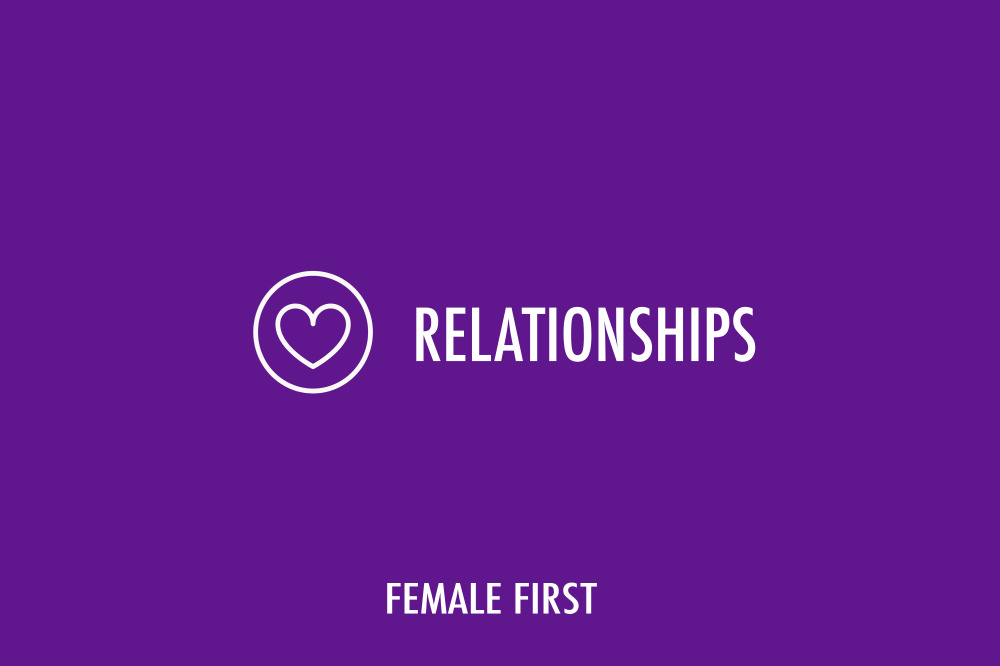A relationship can become heavily strained after losing a child and it can be hard to overcome so we’ve sought the help of Katharine Hill, Director of Family Policy at Care for the Family, for some useful tips and coping mechanisms to get you back on track.

Relationships on Female First
Katharine says, “The death of a child has a profound effect on different relationships but it isn't surprising that the relationship where it has potentially the most impact is that between the two parents.
“After all, both are individuals with different characters and feelings - the unique relationship each had with their child has now gone and each person will deal with it in different ways.
“Depending on how they each deal with their grief and each other, this can have the potential of bringing them closer together or driving them apart.”
Katharine explains that staying together will take effort from both sides, but gives us some tips at how you can strengthen your relationship.
- Keep Talking – “Tell each other how you feel and listen to what the other person says. When you remember something about your child - tell your partner. When you have found something encouraging or caring that someone has said - tell your partner. And when your partner tells you something - listen and show that you really are listening.”
- Recognise Your Differences – “You are both different people and will grieve in different ways. What is important to one person may seem trivial to the other. It is vital that you each recognise the other person's views and needs as being valid. Don't think that because they aren't acting in the same way or holding the same opinion as you that they didn't love your child as much.”
- Don’t Blame Each Other – “Anger is a natural part of grieving, but it is important not to aim that anger at your partner. You may at times find that you are more easily hurt by insensitive words, so do take extra care that the phrases you use to each other don't convey blame.”
Katharine adds, “There are no quick fixes. But in time you will find yourselves more able to cope and even to laugh and find ways of enjoying life together again. Be assured that your relationship can survive and can grow even stronger.”
The big question is what to do once the initial trauma is over, should you be talking to someone about it and who should you be talking to?
Katharine suggests that talking to someone can really help, and often someone who isn’t so closely involved is the best person to talk to.
“This might be a close friend, a church minister, a professional counsellor or your GP,” says Katharine. “It is important that you both have someone you can turn to. Without making generalisations often women can find it easier to talk, but for men this can sometimes be a big hurdle to jump.
“Care for the Family offer a befriending service for parents who have lost a child and find that many find huge comfort and support just from having someone alongside who can show empathy and listen.”
Some parents will choose to have another child, but Katharine says there are a few things to consider before making that choice.
She says, “The first thing you should consider if you're thinking about getting pregnant again is whether or not you're ready both physically and emotionally.
“This means weighing such factors as whether or not you've had the opportunity to work through some of your grief; whether your partner supports your decision to start trying again; whether you would be able to cope if you were to have trouble conceiving or if you were to experience another stillbirth and whether you're ready to cope with the stress of a subsequent pregnancy, particularly if it is likely to be classed as high risk.
“The question of timing is very much a matter of personal choice. Health considerations aside, there's no ‘right’ way to time your subsequent pregnancy.”
It’s natural to want to have another child after you’ve lost one, but Katharine has some words of wisdom.
She says to remember that by having another child, it will never replace the one that you have lost, so to take that into consideration before trying to conceive again.
If you’ve lost a child and are struggling to cope, visit your GP or careforthefamily.org.uk.
tagged in Child relationship advice Relationship
